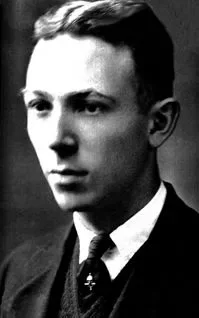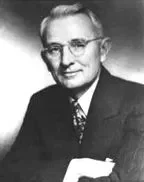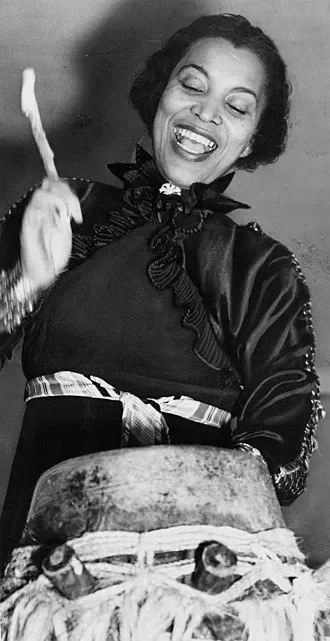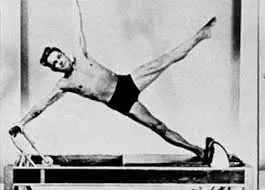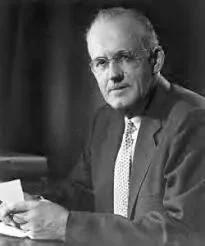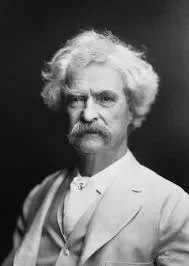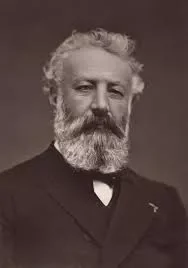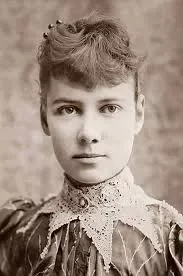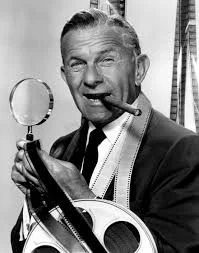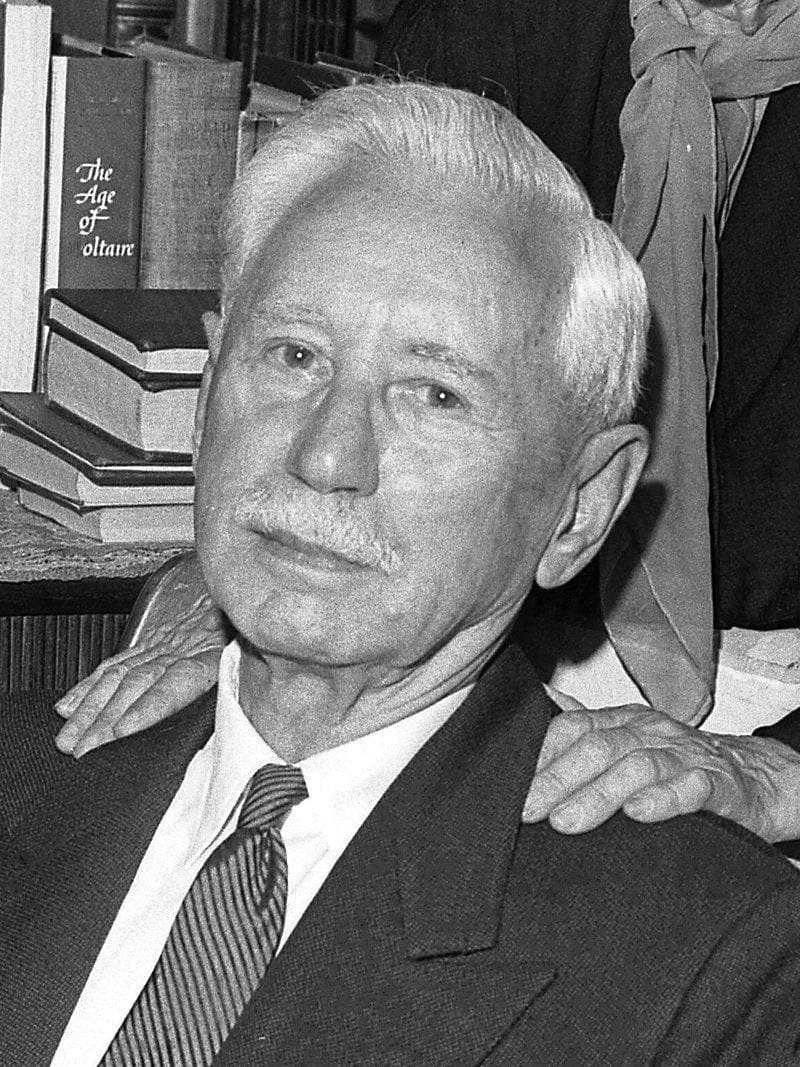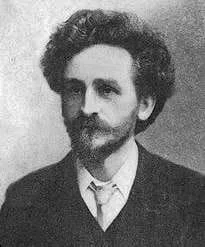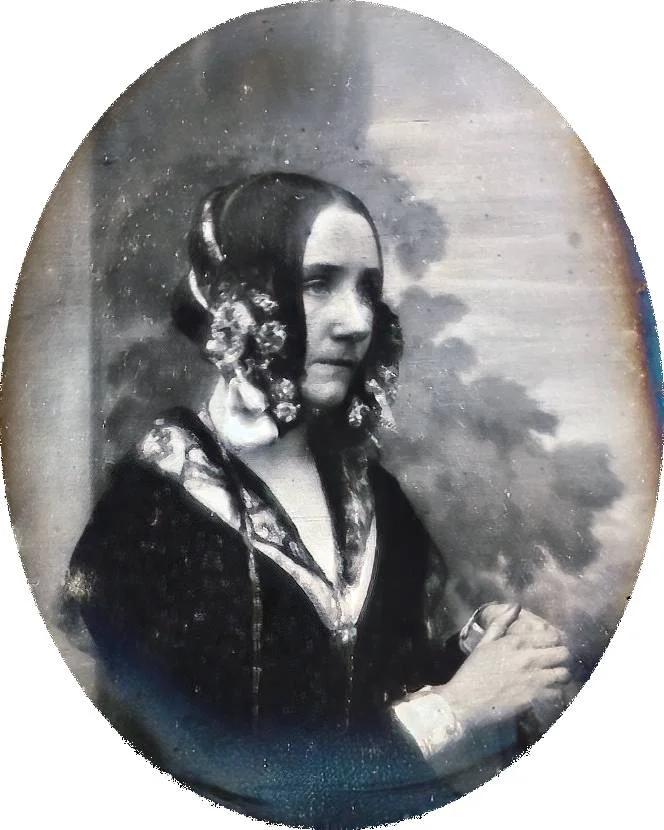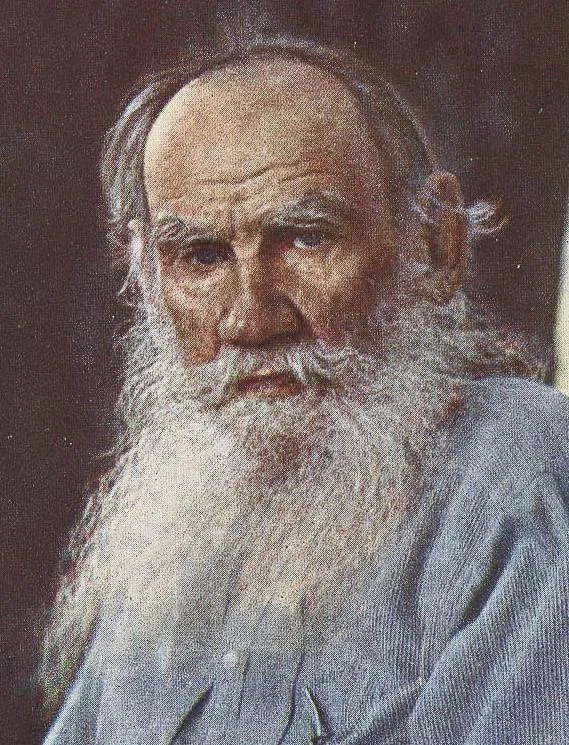Real Celebrities Never Die!
OR
Search For Past Celebrities Whose Birthday You Share
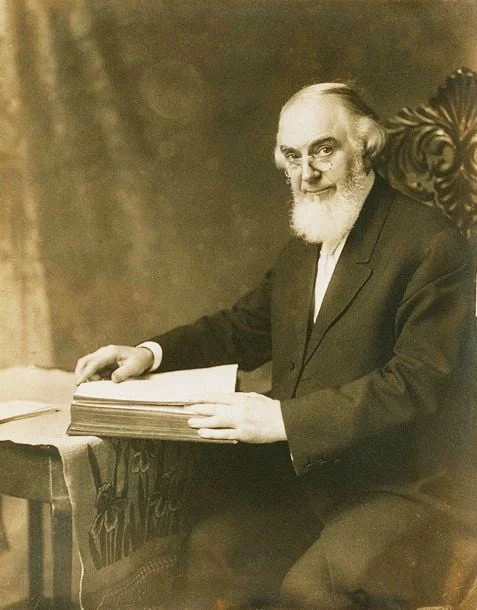
source:wikimedia.org
Charles Taze Russell
Birthday:
16 Feb, 1852
Date of Death:
31 Oct, 1916
Cause of death:
Cystitis
Nationality:
American
Famous As:
Pastor
Age at the time of death:
64
Charles Taze Russell's Quote's
Early Life and Spiritual Awakening
Charles Taze Russell, born on February 16, 1852, in Allegheny, Pennsylvania, was a prominent figure in the development of the Bible Student movement, which later gave rise to the Jehovah’s Witnesses. His early life was marked by a strong interest in religious matters, shaped by the theological diversity within his own family. Raised in a Presbyterian household, he experienced a spiritual awakening during his teenage years, leading him to question traditional Christian doctrines.
Early Career in Business
At the age of 18, in 1870, Russell began his career in business, working in his father’s clothing manufacturing firm. This venture proved successful, providing him with financial stability that would later support his religious pursuits. His exposure to various religious ideologies, coupled with a deepening dissatisfaction with mainstream Christian teachings, prompted him to delve into the study of the Bible.
Co-Founding the Herald of the Morning
In the early 1870s, Russell co-founded the Herald of the Morning magazine, dedicated to disseminating his interpretations of biblical prophecies. Through this publication, he gained a following as readers were drawn to his unconventional theological perspectives. One notable belief was his rejection of the doctrine of hellfire, which contrasted sharply with mainstream Christian teachings of the time.
Formation of the Watch Tower Bible and Tract Society
As Russell’s influence grew, he and his followers organized into a formalized group known as the Watch Tower Bible and Tract Society in 1881. This marked the official beginning of what would later be recognized as the Jehovah’s Witnesses. The Society published literature expounding Russell’s interpretations of the Bible, and they began to engage in extensive public evangelism.
1914 Prophecy and Its Aftermath
In 1914, Russell and the Bible Students associated this year with significant biblical prophecies, anticipating the end of the Gentile Times and the establishment of God’s kingdom on Earth. While the predicted events did not unfold as expected, this period solidified Russell’s influence and laid the groundwork for future doctrinal developments within the movement.
Death and Succession
Tragically, Charles Taze Russell passed away on October 31, 1916, in Pampa, Texas, during a cross-country train journey. His death marked a turning point for the movement he had initiated. Joseph Rutherford succeeded him as the president of the Watch Tower Society, and under his leadership, the organization underwent significant doctrinal and organizational changes.
Legacy and Continued Influence
Russell’s legacy endured through the continued growth and evolution of the movement he founded. His emphasis on the study of the Bible, rejection of certain mainstream Christian doctrines, and dedication to evangelism laid the foundation for the distinctive beliefs and practices of the Jehovah’s Witnesses. The Watch Tower Society, despite its challenges and controversies, has maintained a global presence, with millions of adherents adhering to the teachings and traditions that originated with Charles Taze Russell.
Conclusion: A Journey of Spiritual Innovation
Charles Taze Russell’s life journey from a successful businessman to a religious leader is a fascinating tale of spiritual exploration and doctrinal innovation. His contributions to the formation of the Jehovah’s Witnesses and his impact on religious thought continue to be studied and debated within and beyond the movement he played a pivotal role in shaping.
Name:
Charles Taze Russell
Popular Name:
Charles Taze Russell
Gender:
Male
Cause of Death:
Cystitis
Spouse:
Place of Birth:
Allegheny, Pennsylvania, USA
Place of Death:
Pampa, Texas, USA
Occupation / Profession:
Charles Taze Russell developed a keen interest in religious matters from a young age. At the age of seven, he reportedly started questioning the doctrine of eternal hellfire after his mother read him a passage from the Bible.
Russell and his associates were known for their extensive public evangelism efforts. They traveled widely to spread their teachings, distributing literature and holding public lectures to share their interpretations of the Bible.
Russell co-founded the magazine “Zion’s Watch Tower and Herald of Christ’s Presence” in 1879. The magazine played a pivotal role in disseminating Russell’s teachings and interpretations of biblical prophecies.
Russell encouraged individuals to engage in independent Bible study rather than relying solely on religious authorities. This emphasis on personal study and interpretation became a hallmark of the Bible Student movement and later the Jehovah’s Witnesses.
One of Russell’s key accomplishments was encouraging individuals to engage in independent Bible study.
Under Russell’s leadership, congregations of Bible Students were established in various locations. These congregations formed the organizational structure that later evolved into the Jehovah’s Witnesses.

